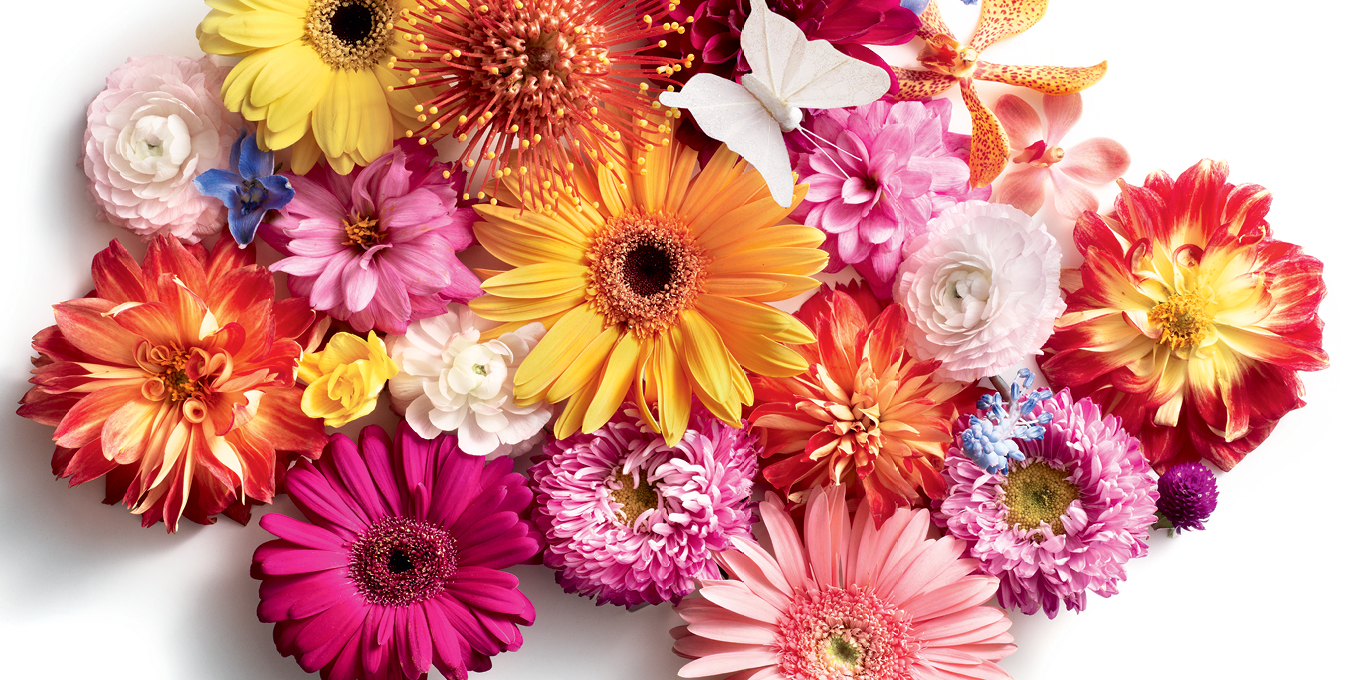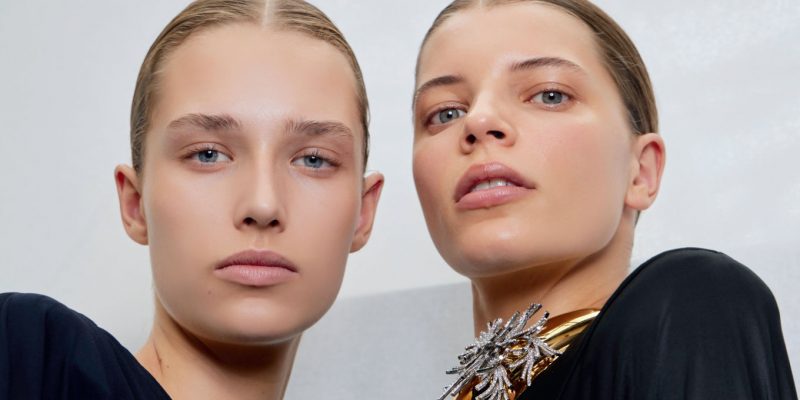Fragrance
The Emotion of Scent: Rediscovering the Power of Perfume
We’ve never been more attuned to the importance of our sense of smell. Nathalie Atkinson explores how we can communicate aroma in a way that’s beneficial to our mental health.
by : Nathalie Atkinson- Mar 18th, 2021

Trunk Archive
For many fragrance enthusiasts, it was the voluptuous prose of Diane Ackerman’s landmark 1990 book, A Natural History of the Senses, that provided an initiation to the world of smell. Her now classic bestseller is at once a scientific and poetic dissection of the sense we take for granted—an invitation to explore the emotional connection between scent and memory not only at the perfume counter but also out in the world, particularly as the familiar routines of our everyday lives continue to be disrupted by COVID-19.
Last fall, for example, in the reprieve before the pandem- ic’s second wave, Éditions de Parfums Frédéric Malle’s titular creative director assembled several of his noses—including Maurice Roucel and Jean-Claude Ellena—for a virtual conver- sation. During the question period, the discussion turned to the recent months of uncertainty and whether they had affected or altered our relationship with fragrance.
“I think today you don’t buy expensive [dresses] or expensive things because there [are no] parties to go to and [you can’t] make that great entrée at a restaurant because you don’t go [out],” said Malle. “This is a moment where you seek comfort and want to soothe yourself. A perfume can do that for you. It’s [designed] not only to refresh or seduce; it’s [about] ideas or a mood.” He went on to explain that the lockdown has helped him “rediscover the power of perfumes.” While at his home in the country, for example, he has been wearing a lot of Vetiver Extraordinaire and Geranium Pour Monsieur. “They keep me company,” he said.
One of the side effects of the COVID-19 virus is a temporary loss of the senses of taste and smell. Canadian psychiatry professor Rachel Herz, a leading researcher on the psychology of smell and sensory cognition, sees a strong link between quality of life, depression and anosmia (a.k.a. smell blindness). Herz believes that the sense of smell is intrinsic to the most important aspects of our lives because it is connected to the same part of the brain that processes emotion. It’s a sentiment echoed by cognitive scientist Ann-Sophie Barwich, who argues that “odour perception and its neural basis are becoming key to understanding the mind through the brain.” Her new book, Smellosophy: What the Nose Tells the Mind, investigates, among other things, the role odour plays as an element of the mind and how it affects our perception, both consciously and unconsciously. That implicit perception helps explain why those who tested positive for the virus and experienced symptoms of anosmia reported that not having a smell sense was disorienting.
Now that the new norms of our daily lives include mask-wear- ing in public, everyone’s sense of smell is muted. This creates a unique opportunity to enhance our lives by leaning the rudiments of this multi-dimensional sense and putting that knowledge into practice. But it goes further than just taking a whiff of a candle or selecting the right perfume. Science writer and award-winning author Harold McGee has spent more than 10 years researching the disparate corners of smell, and his new book, Nose Dive, is an exploration of the dynamic olfactory universe.
Organized like a textbook, this field guide to the science of smells traces each scent molecule back to its origins. Exercises include sniffing out commonalities in fruit, animal, soil and even water-related odours, which not only helps train the nose but also hones the brain’s understanding of smells. There are unexpected scent pairings and natural scent relationships, new insights on culinary aromas and explorations of composed and constructed fragrances (including the world of perfume, with the help of historian Mandy Aftel and Victoria Frolova, creator of scent blog Bois de Jasmin).
Even if you have a daily routine that is relatively circumscribed due to the current situation, Nose Dive quickly makes you more attentive to the smells around you—ones that you not only haven’t been noticing but also hadn’t even realized were missing from your conscious experience. “The brain simplifies and focuses data for survival by narrowing inputs of information so you notice only the unexpected things and changes,” explains McGee.
“We’ve kind of homogenized our everyday environment,” he adds. “The smells of the natural world, which are tremendously various, have been shut out, and we’re left with the residues of construction materials and plastics; we kind of cover over the smells that we don’t like with artificial sprays that just give us an overdose of lemon and pine.”
Despite the significant role it plays in our perception of the world, smell continues to be the most undervalued sense. To help remedy that, McGee urges readers to integrate their new-found attentiveness to scent into their existing hobbies (be they cooking or gardening or astronomy) and teaches them what to focus on when thinking about fragrance. He calls this deliberate alertness “listening” to smells. (An analogy to audition, it refers to the difference between listening closely and simply hearing.) It takes practice, but it can lift a mood or quiet the mind while keeping it active and engaged; you might call it “mindful sniffing.”
Reading (or rereading) Ackerman’s book during times of social isolation is another way to stay attuned to sensory experience and be reminded of its poetry and importance. That becomes especially powerful when we can take the time to identify the scents around us, recognize the impact they have on our lives and let them give us comfort during these exceptional times.®
Read more:
ELLE TOP: Our 11 Favourite Fragrances for Spring
Sophie Guillon Captures Life’s Moments Through Fragrance
ELLE TOP: Our Favourite Home Fragrance Diffusers
Newsletter
Join our mailing list for the latest and biggest in fashion trends, beauty, culture and celebrity.
Read Next

Beauty
Dr. Idriss Skincare Is Finally Available in Canada
We chatted with the internet's favourite derm about her routine, overrated (and underrated!) skincare advice and why butt paste is her secret cure for inflamed skin.
by : Melissa Fejtek- Apr 24th, 2024

Beauty
Summer Prep: How to Feel Confident in Your Swimsuit
New Size-Inclusive Swimwear: Gillette Venus partners with The Saltwater Collective to Launch a Collection for Any Body
by : ELLE Canada- Apr 24th, 2024

Culture
This University Elevates Women to New Professional Heights
You shouldn’t have to pause your life to move forward in your career.
by : ELLE Canada- Apr 16th, 2024




